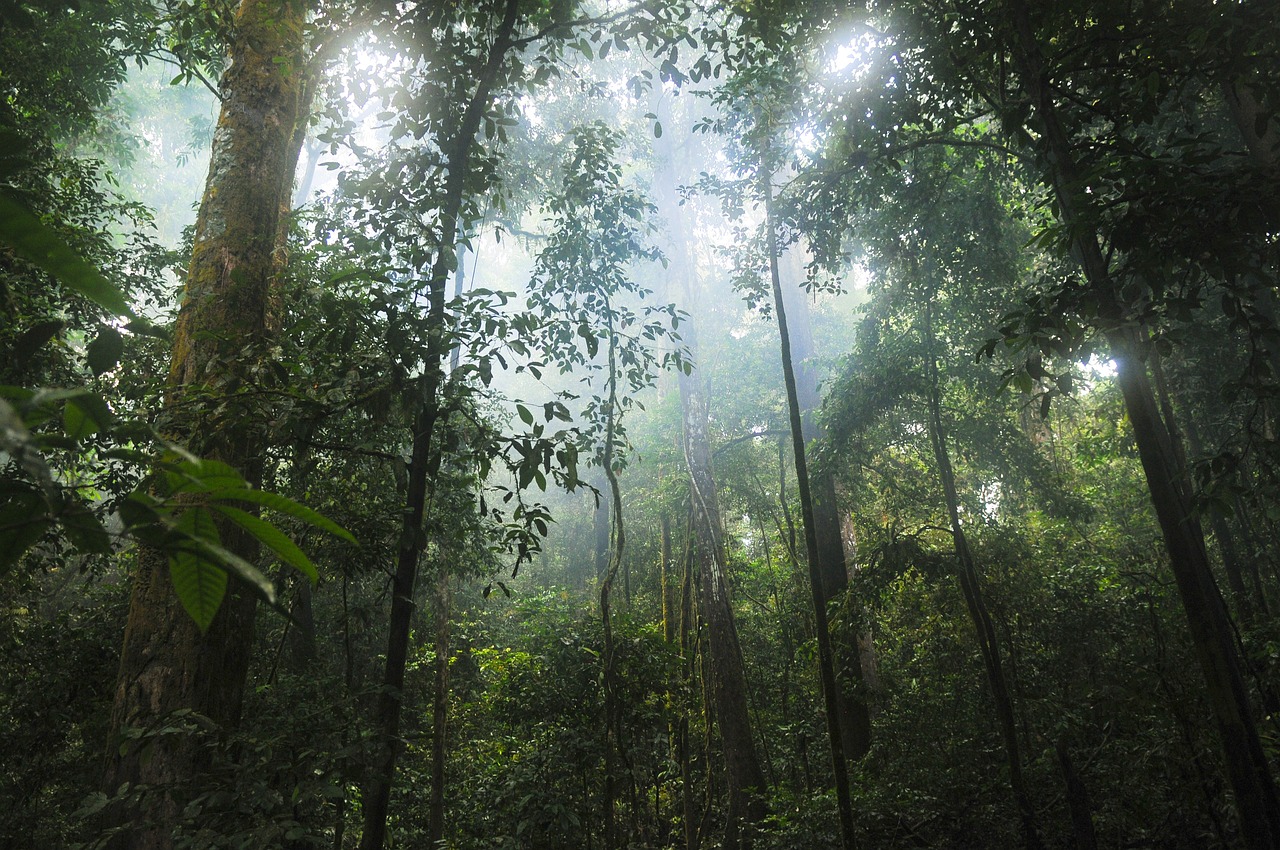Table of Contents
ToggleIntroduction
The Amazon rainforest is one of the world’s most valuable ecosystems. Spanning nine countries in South America, it is the largest tropical rainforest on Earth and is home to millions of plant and animal species, many of which are not found anywhere else. The Amazon rainforest is also known as the “lungs of the Earth” because it produces more than 20% of the world’s oxygen. In this article, we will explore the importance of the Amazon rainforest and why it is essential for us to protect it.
Biodiversity
The Amazon rainforest is home to an estimated 16,000 species of trees and over 2.5 million insect species. It is also home to more than 1,000 species of birds and over 400 species of mammals. The Amazon River and its tributaries support over 2,000 species of fish. The sheer number of species that inhabit the Amazon rainforest makes it one of the most biodiverse regions on the planet.
Ecological Services
The Amazon rainforest plays a crucial role in regulating the Earth’s climate. Trees absorb carbon dioxide and release oxygen through the process of photosynthesis. The Amazon rainforest produces more than 20% of the world’s oxygen and helps to regulate the Earth’s climate by absorbing and storing carbon dioxide. It also helps to maintain the water cycle by releasing water vapor into the atmosphere, which then falls as rain in other parts of the world.
Medicinal Properties
The Amazon rainforest is also known for its medicinal properties. Many indigenous tribes have used plants found in the rainforest to treat a variety of illnesses and diseases for centuries. Today, many modern medicines are derived from plants found in the Amazon rainforest, including drugs used to treat cancer, malaria, and heart disease.
Cultural Significance
The Amazon rainforest is home to many indigenous communities that have lived in harmony with the forest for thousands of years. These communities have their own unique cultures and traditions, and their way of life is intimately connected to the rainforest. By protecting the Amazon rainforest, we are also protecting the cultural heritage of these indigenous communities.
Threats to the Amazon Rainforest
Despite the importance of the Amazon rainforest, it is facing many threats. One of the most significant threats is deforestation, which is driven by the expansion of agriculture, logging, and mining. Deforestation not only destroys the habitat of millions of species but also releases large amounts of carbon dioxide into the atmosphere, contributing to climate change. Other threats include illegal hunting, overfishing, and climate change.
Conclusion
In conclusion, the Amazon rainforest is one of the most important ecosystems on the planet. It is home to millions of species, produces more than 20% of the world’s oxygen, regulates the Earth’s climate, has medicinal properties, and is culturally significant to indigenous communities. However, the Amazon rainforest is facing many threats, and it is up to all of us to protect it. By supporting sustainable agriculture, reducing our carbon footprint, and advocating for policies that protect the Amazon rainforest, we can ensure that it remains a vital and thriving ecosystem for generations to come.








3 thoughts on “The Importance of the Amazon Rainforest”
Pingback: Biodiversity Conservation: Preserving Life on Earth
Pingback: Securing Our Future: Why Our Planet Depends on Forests?
Pingback: The Devastating Effects of Wildfires on the Amazon Rainforest